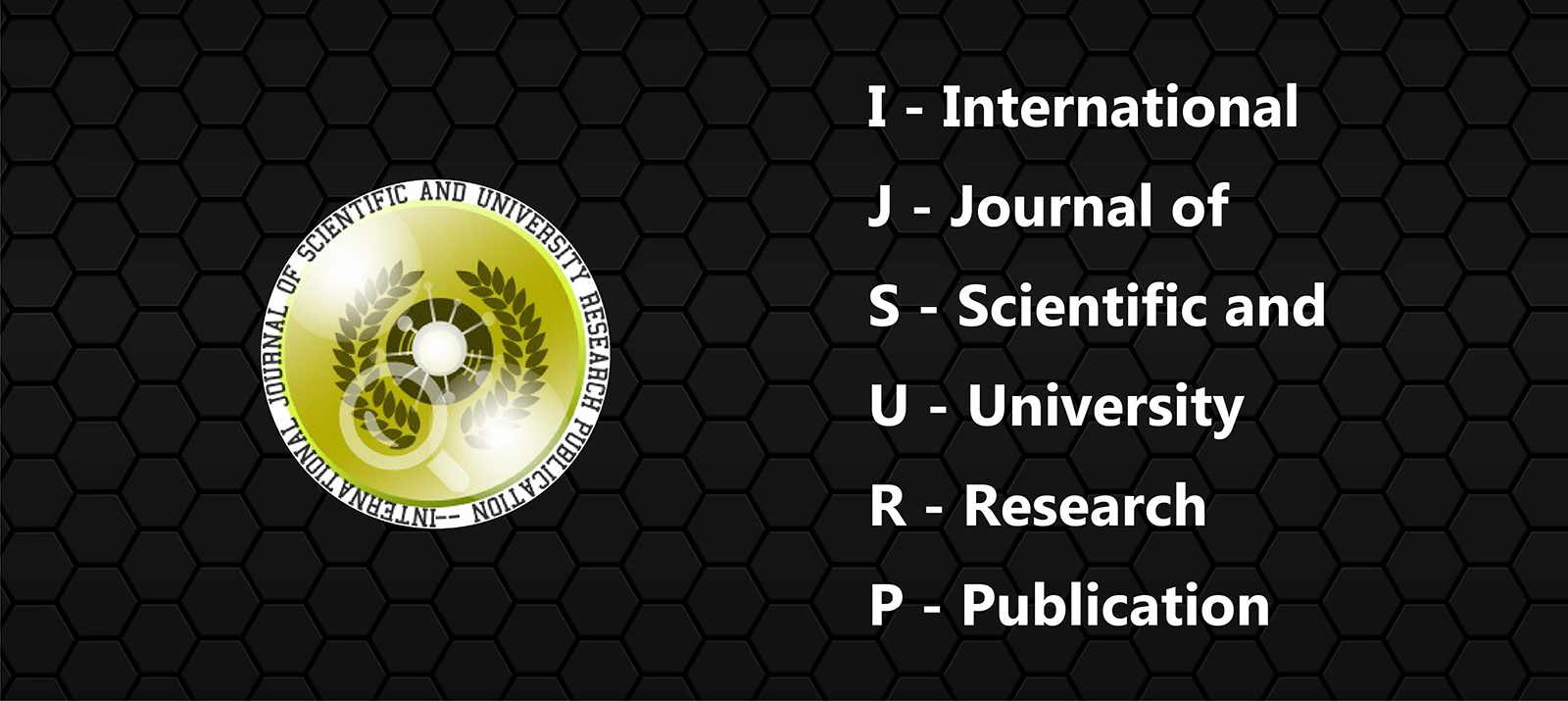
TEACHING PRODUCTIVE SKILLS TO ESP STUDENTS IN HIGHER EDUCATION THROUGH PROBLEM SOLVING TASKS
Authore(s) : 1Alibekova Z.A. Faculty of Foreign LanguagesJizzakh State Pedagogical Institute 2Abduvaliyeva Z.N. Faculty of Uzbek language and literatureJizzakh State Pedagogical Institute
Volume : v(11), Issue : 5, November - 2020
Abstract : The article offers an analysis of theoretical views on teaching productive skill – speaking, writing with problem solving tasks to students of non- linguistic specialties. It is known that problem solving is a teaching methodology that develops critical thinking and communication, contributes to the development of written and oral communication skills, improves skills cooperation and teamwork. The author draws attention to the fact that classes using problem solving techniques put students in real life situations by teaching them productive skills such as the ability to conduct a business meeting, writing report to the company, negotiate, prepare and deliver presentations
Keywords :teaching productive skills, interactive learning, ESP students, ESP classes, foreign languages, problem solving tasks, real life situation, problem solving situations, teacher, written and oral communication
Article: Download PDF Journal DOI : 322
Cite This Article:
TEACHING PRODUCTIVE SKILLS TO ESP STUDENTS IN HIGHER EDUCATION THROUGH PROBLEM SOLVING TASKS
Vol.I v(11), Issue.I 5
Article No : 458
Number of Downloads : 101
References :
Dolgorukov A.M. The problem solving as a way of understanding // A Practical Guide for a Tutor of the Open Education System Based on Distance Technologies. Moscow: Center for Intensive Technologies of Education,
P.21–44
Gozalova M.R. Project activity as one of the methods of developing communicative competence // Service in Russia and abroad. T. 8. 2014. №2 (49). P.89–97.
Gorbatova T.N., Rubushkina... More
- Dolgorukov A.M. The problem solving as a way of understanding // A Practical Guide for a Tutor of the Open Education System Based on Distance Technologies. Moscow: Center for Intensive Technologies of Education,
- P.21–44
- Gozalova M.R. Project activity as one of the methods of developing communicative competence // Service in Russia and abroad. T. 8. 2014. №2 (49). P.89–97.
- Gorbatova T.N., Rubushkina S.V. The use of problem solving in teaching a foreign language within the framework of professional language training in a non-linguistic university // Young scientist. 2015. №7. P.741–743.
- Kolesnik N.P. The problem solving in interactive teaching pedagogy/ Methodological recommendations. In 2 parts/ 41 – “Strategy of the Future”,
- P.19–23.
- Panfilova A.P. Innovative pedagogical technologies: Active learning: textbook for higher educational institutions. Moscow: Ed. Center “Academy”, 2009. 192 p.
- Witte, A.E (Ed.) (1999) Interactive Problems for Business English, Ellipses: Paris.
- Zolotova M.V., Demina O.A. On some points of using problem solving in teaching foreign language// Theory and practice of social development.
- №4.
... Less
- Dolgorukov A.M. The problem solving as a way of understanding // A Practical Guide for a Tutor of the Open Education System Based on Distance Technologies. Moscow: Center for Intensive Technologies of Education,
- P.21–44
- Gozalova M.R. Project activity as one of the methods of developing communicative competence // Service in Russia and abroad. T. 8. 2014. №2 (49). P.89–97.
- Gorbatova T.N., Rubushkina S.V. The use of problem solving in teaching a foreign language within the framework of professional language training in a non-linguistic university // Young scientist. 2015. №7. P.741–743.
- Kolesnik N.P. The problem solving in interactive teaching pedagogy/ Methodological recommendations. In 2 parts/ 41 – “Strategy of the Future”,
- P.19–23.
- Panfilova A.P. Innovative pedagogical technologies: Active learning: textbook for higher educational institutions. Moscow: Ed. Center “Academy”, 2009. 192 p.
- Witte, A.E (Ed.) (1999) Interactive Problems for Business English, Ellipses: Paris.
- Zolotova M.V., Demina O.A. On some points of using problem solving in teaching foreign language// Theory and practice of social development.
- №4.




